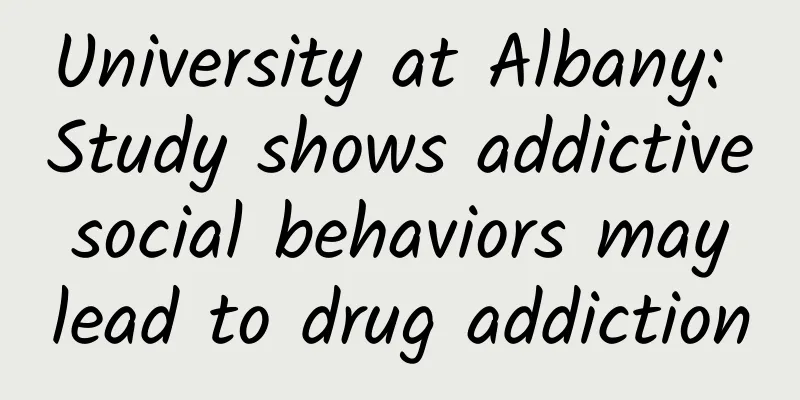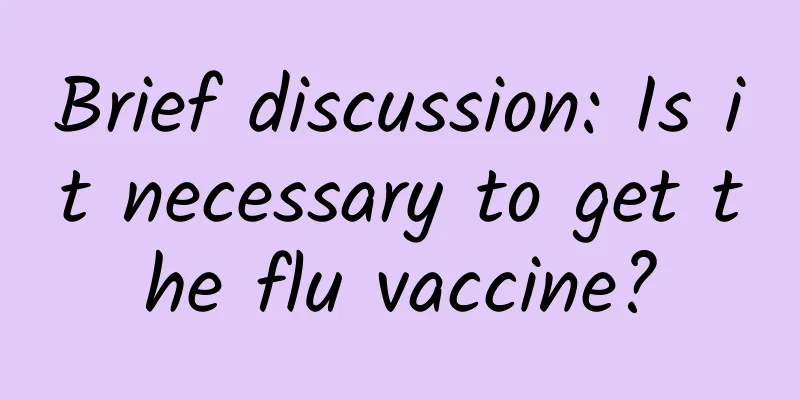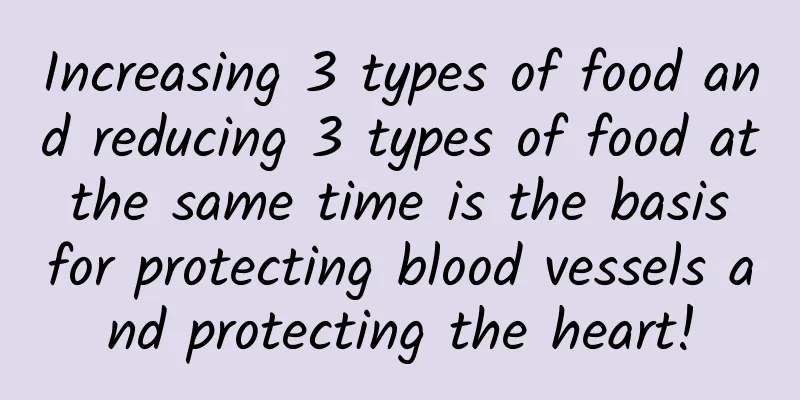University at Albany: Study shows addictive social behaviors may lead to drug addiction

|
Psychologists at the University at Albany have found that not only can social media (particularly Facebook) itself be addictive, but people who use it may also be at greater risk for impulse control problems, such as substance abuse. The researchers surveyed 253 undergraduate students, asking them questions about social media use, internet addiction, emotion regulation and alcohol use. They found that about 10 percent of users had disordered social media use, meaning they showed signs of addiction to platforms like Twitter, Facebook and Instagram. To assess disordered social media use, the researchers used criteria that mirror alcohol dependence, such as, "How does Facebook make you feel?" and "Do you check Facebook first thing when you wake up in the morning?" Those who struggle with social media addiction are more likely to be addicted to the internet (as tested by the Youth Internet Addiction Test), have emotion regulation problems (such as poor impulse control), and have alcohol problems. Psychologist Julia Horn, who led the study, said Facebook was particularly addictive, with respondents spending an average of a third of their online browsing time on Facebook and 67% of their time on Facebook mobile push notifications. "Notifications of new or updated content in your newsfeed act as a reward. The inability to predict when new content will be released keeps us refreshing more often," Horn said in a statement. "This uncertainty when a new reward is available is called a 'variable interval reinforcement schedule' and is highly effective in building habitual behaviors that resist extinction." Facebook also makes it easier for users to constantly be connected to its platform, for example through push notifications to mobile devices. The researchers hypothesize that disordered social media use may be a symptom of impaired emotion regulation, which exacerbates susceptibility to various types of addiction. "Our findings suggest that disordered online social networks may emerge as part of a cluster of risk factors for increased susceptibility to substance and non-substance addictions," Horn said. The new findings join a growing body of research investigating addictive use of social media and the internet. MRI data suggests that compulsive internet users show similar changes in their brains to those addicted to alcohol and drugs. A 2012 Harvard study provided some insight into why Facebook use is particularly addictive. Disclosing information about ourselves, the researchers found, is intrinsically rewarding. It activates the nucleus of the bed of the stria terminalis, a brain region that responds to the ingestion of cocaine or other drugs. But it's not just about posting on Facebook that's addictive—receiving those likes and comments is also an addiction. Another study found that receiving positive feedback about ourselves also activates the brain's reward center. However, Horn and other studies cannot be used as definitive evidence that disordered social media use constitutes a full-blown addiction. “Whether or not disordered online social networking use can be considered a ‘true’ addiction is a tricky question,” Horn said in an email to The Huffington Post. “I guess the answer really depends on what you define as ‘addiction.’ Many people think of addiction as involving the ingestion of a substance. However, if we think of addiction more broadly as involving some kind of reward, then it’s easier to see how a behavior could be addictive.” |
>>: CNNIC: How WeChat cuts into the e-commerce flow – diagram
Recommend
7 Mistakes to Avoid for Women's Hair Removal in Summer
Seeing that the female stars I like have no hair ...
What are the symptoms of intrauterine fetal death?
If a pregnant woman suffers from physical problem...
What are the reasons why women suddenly have smelly feet?
Having smelly feet is really embarrassing, especi...
What are the origins and customs of the National Day? How many days in advance can I buy high-speed rail tickets for the National Day?
National Day is a legal holiday set by a country ...
Rumor debunked: Eating alkaline foods can prevent cancer!
In daily life, the saying about the acidity and a...
HCG comparison table after hydatidiform mole abortion
Hydatidiform mole is actually a benign tumor, but...
Clearly understand stroke--FAQs about stroke
1. What is stroke? 2. Why does a stroke occur sud...
Female ovulation temperature
For mothers who are preparing for pregnancy, taki...
I had sex for 13 days and the result was negative but I am pregnant
For women who are preparing for pregnancy, the mo...
A cup of vinegar a day can make women 10 years younger
It’s better for women to be a little jealous. Eat...
Diagnostic criteria for PCOS
PCOS, polycystic ovary syndrome, is a common endo...
What if my lover suddenly disappears but I don't block him or delete him? Can I still contact him after he suddenly disappears?
Breaking up and saying goodbye to each other seem...
Menopause needs to be taken seriously, and sex hormone therapy is the first choice
Sex hormones play a vital role in women's hea...
Reduce relapses and alleviate complications: Zhejiang University team pioneers "enhanced" leukemia treatment program
Prone to relapse, infection, and low long-term su...
Can I make up for the bad confinement period?
Giving birth is difficult, and many pregnant wome...









